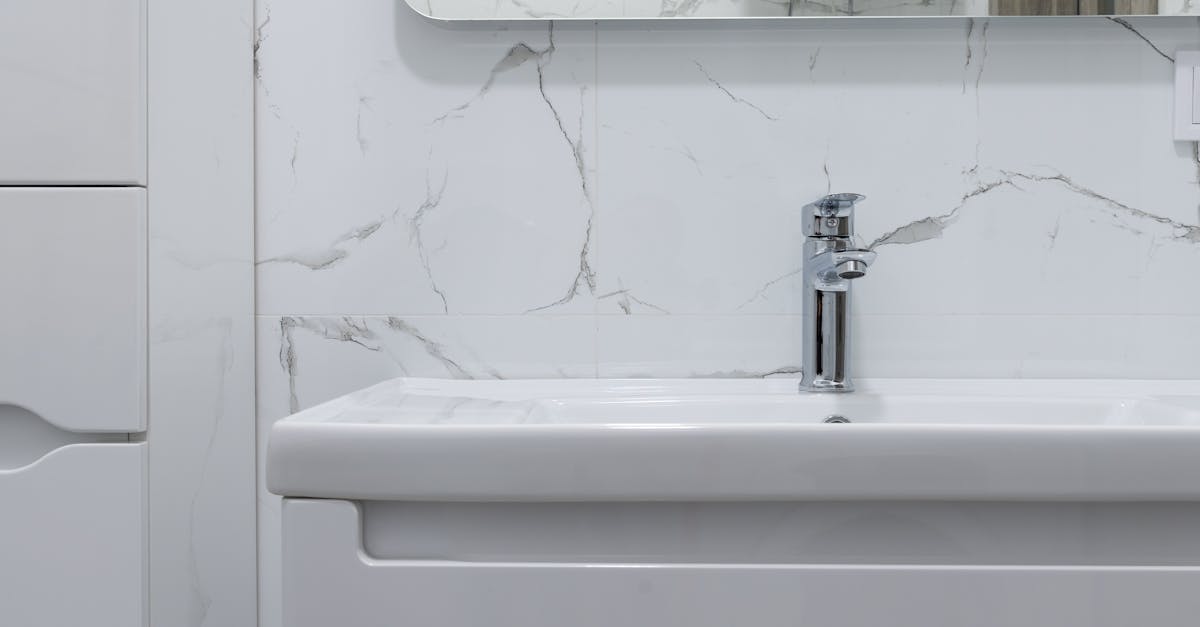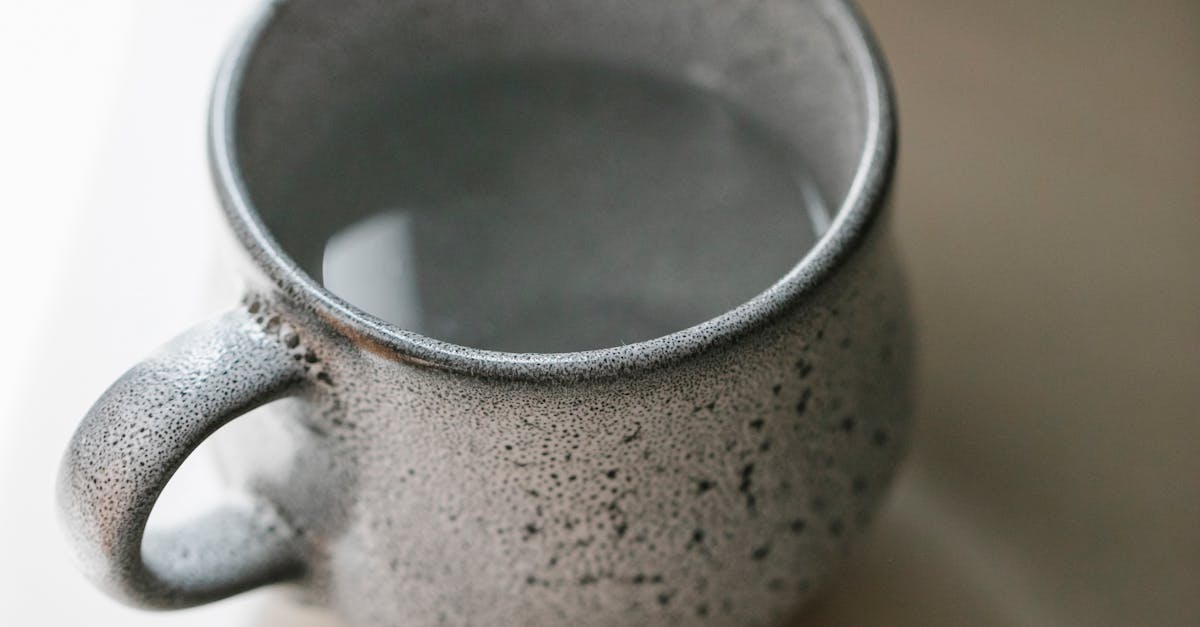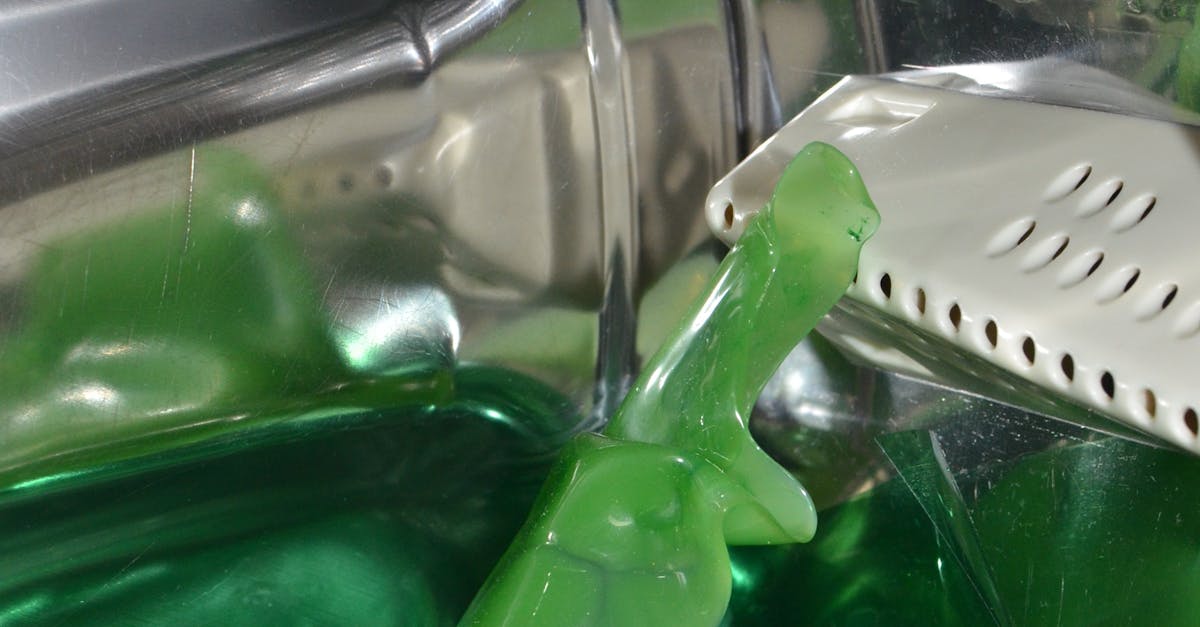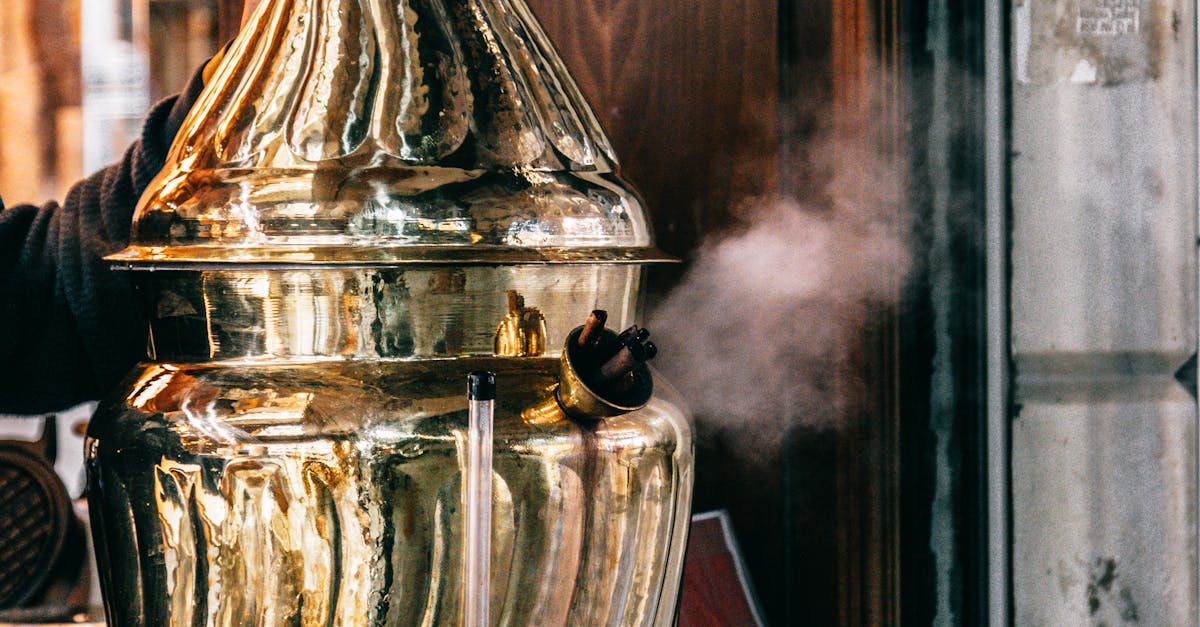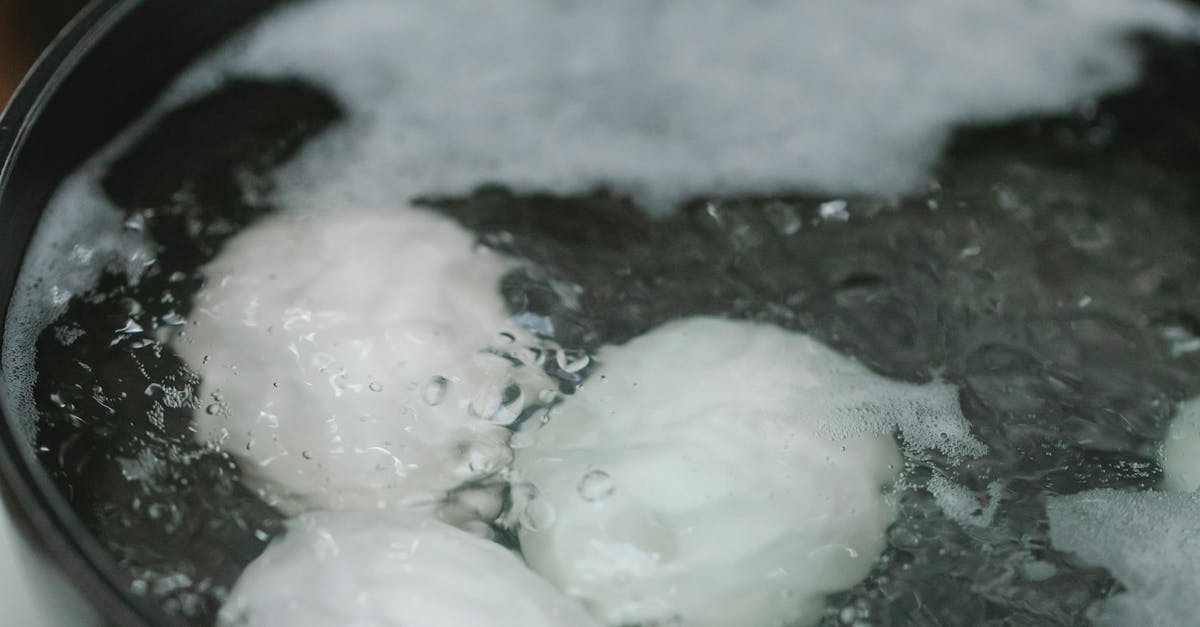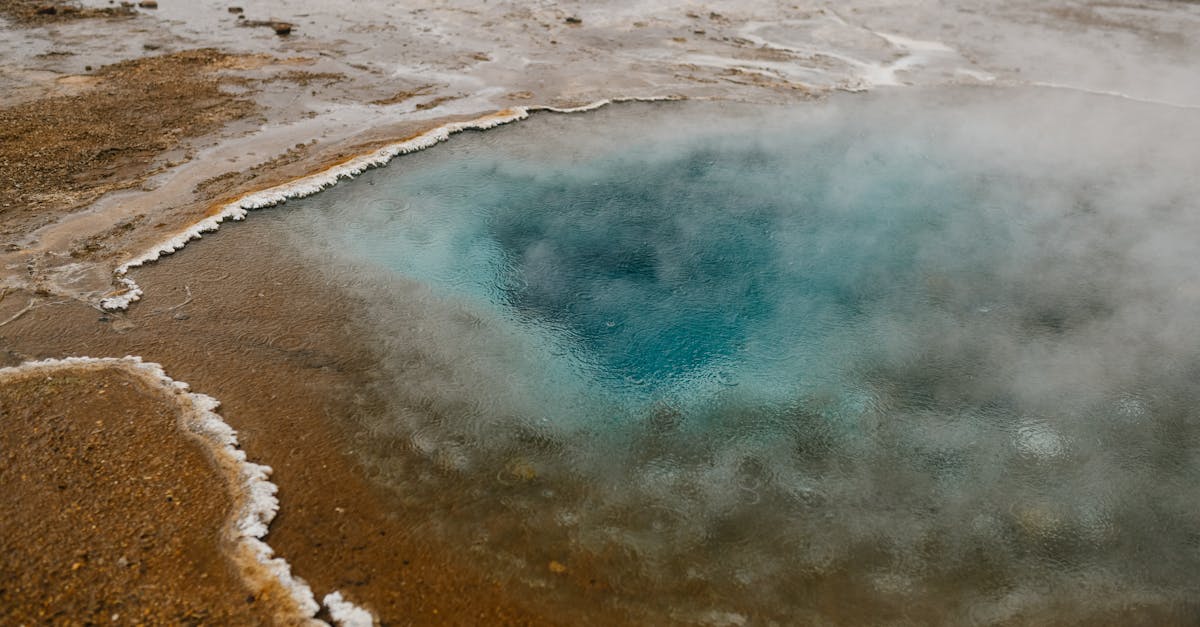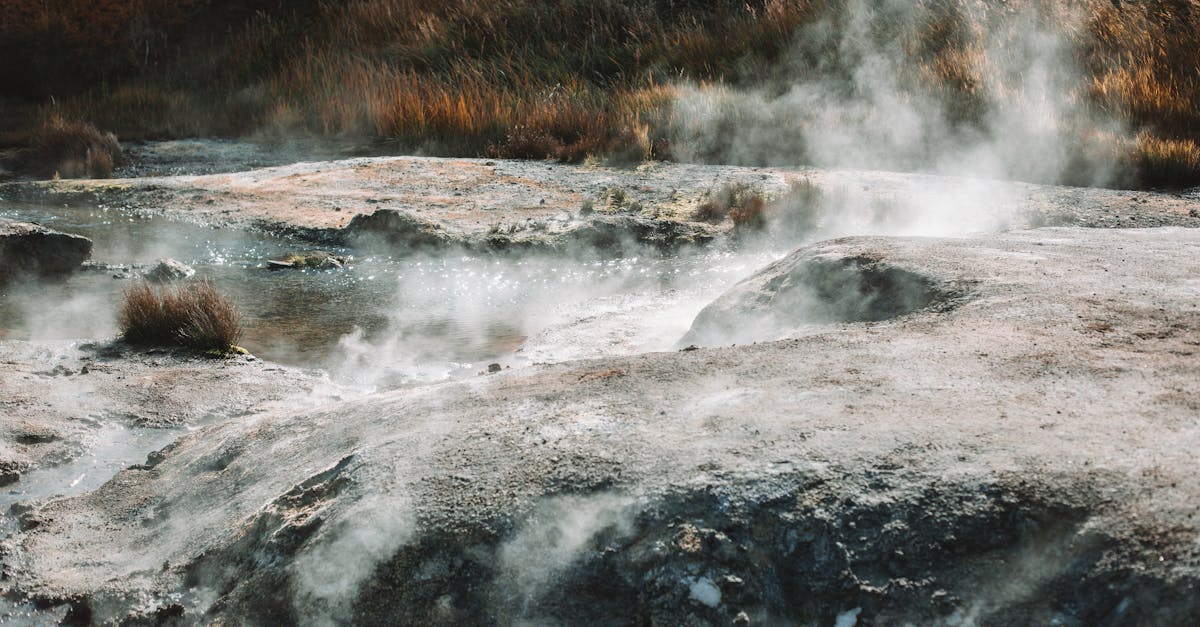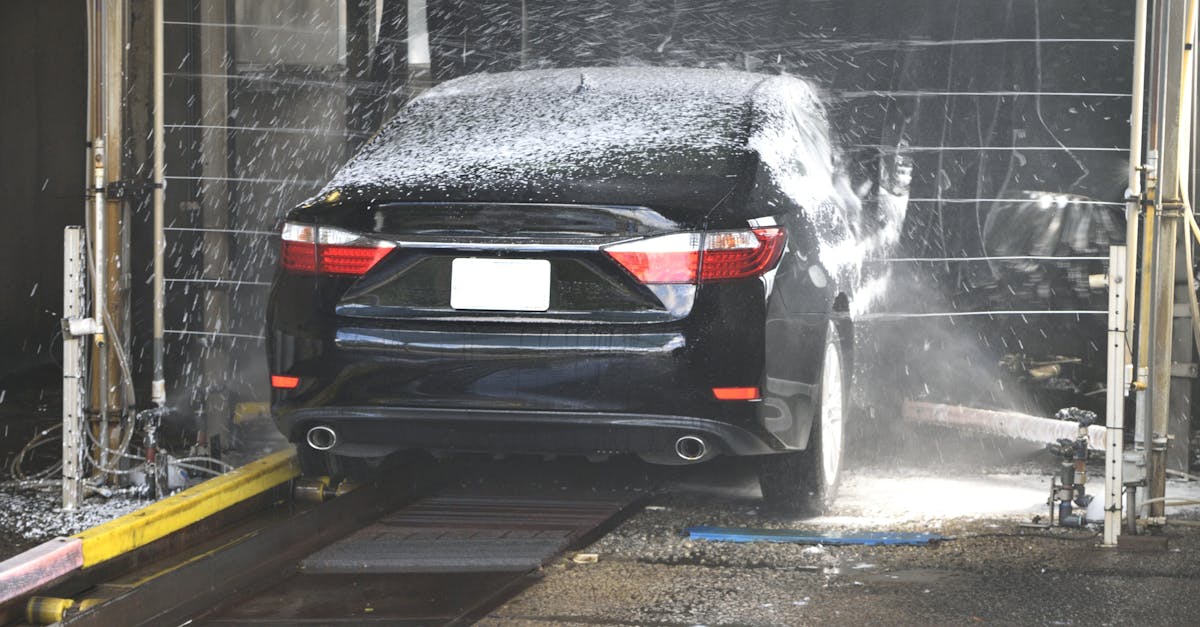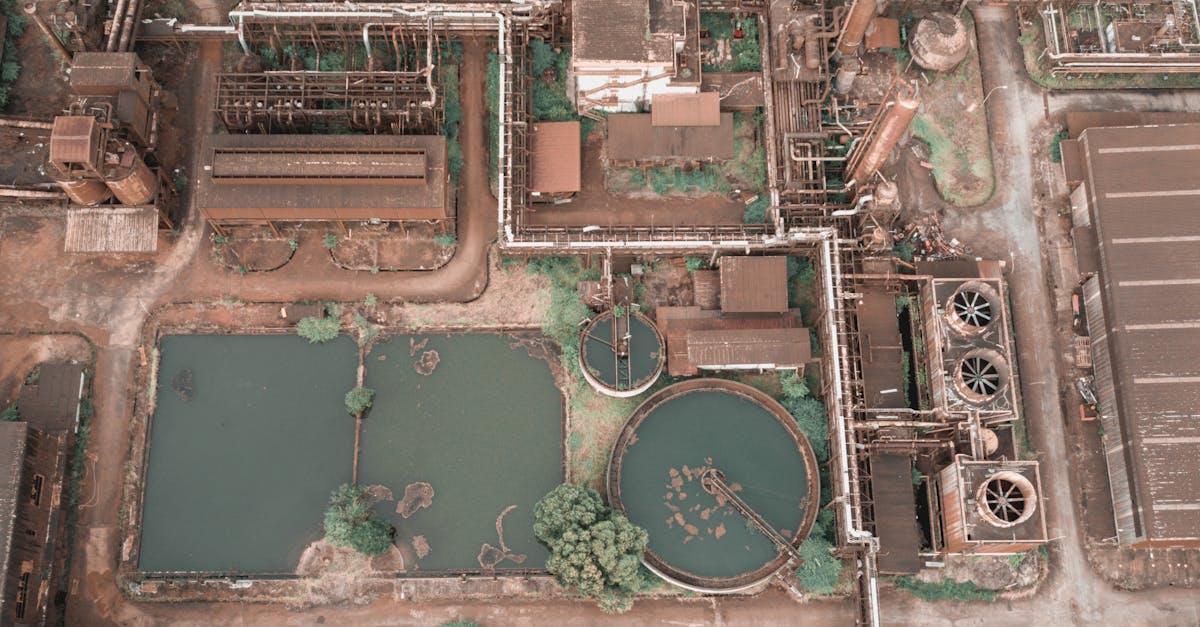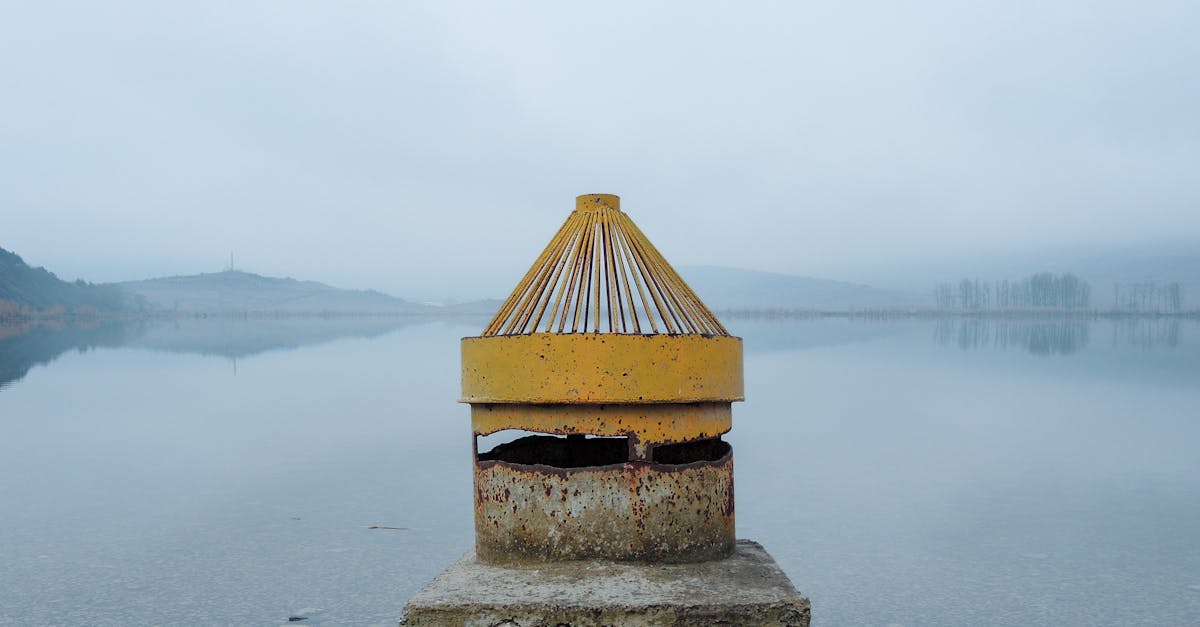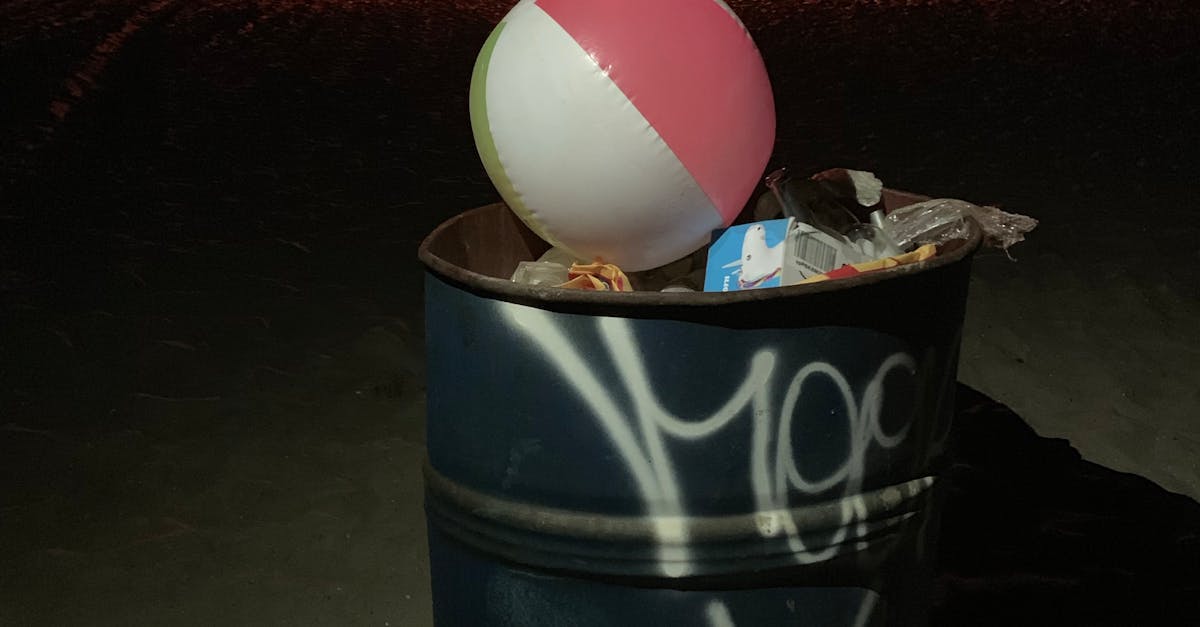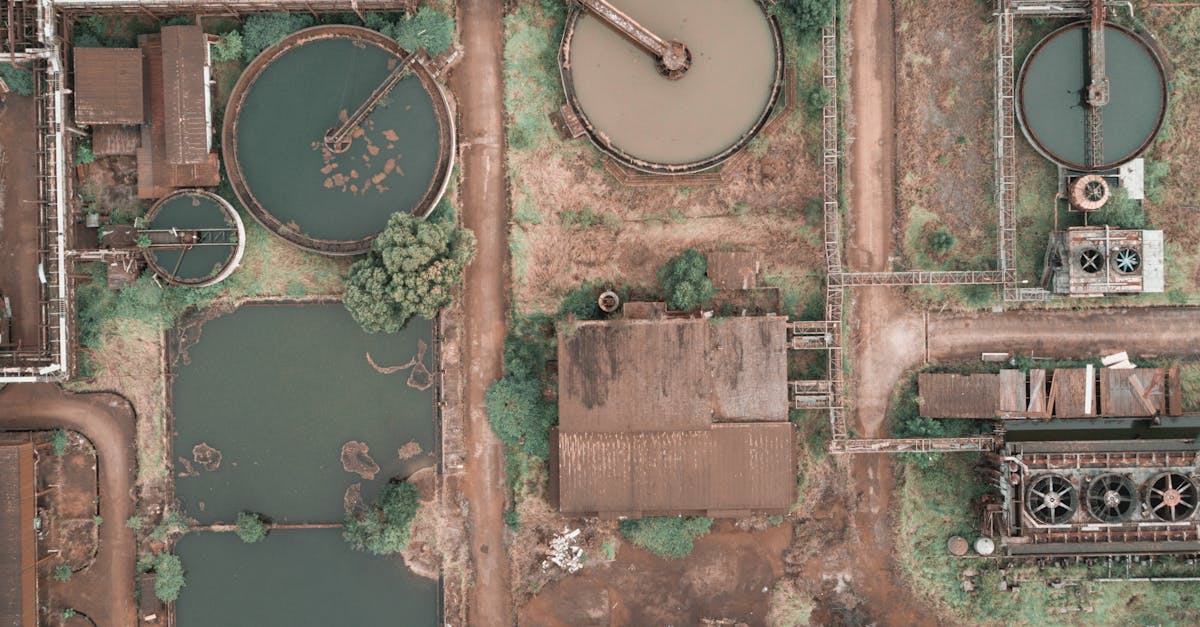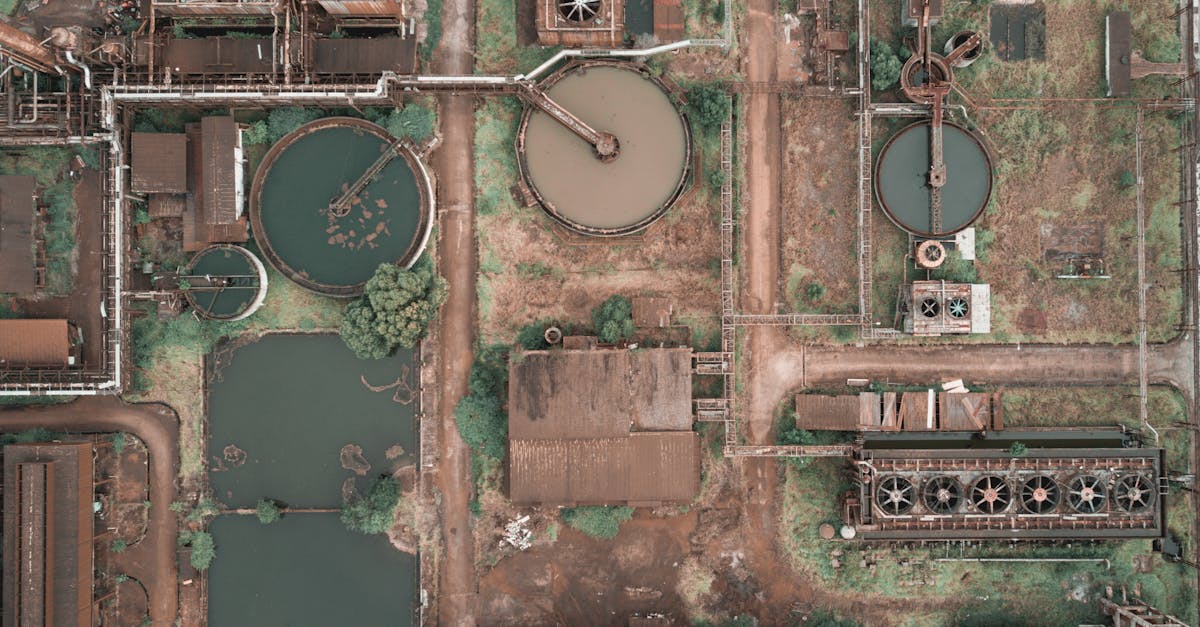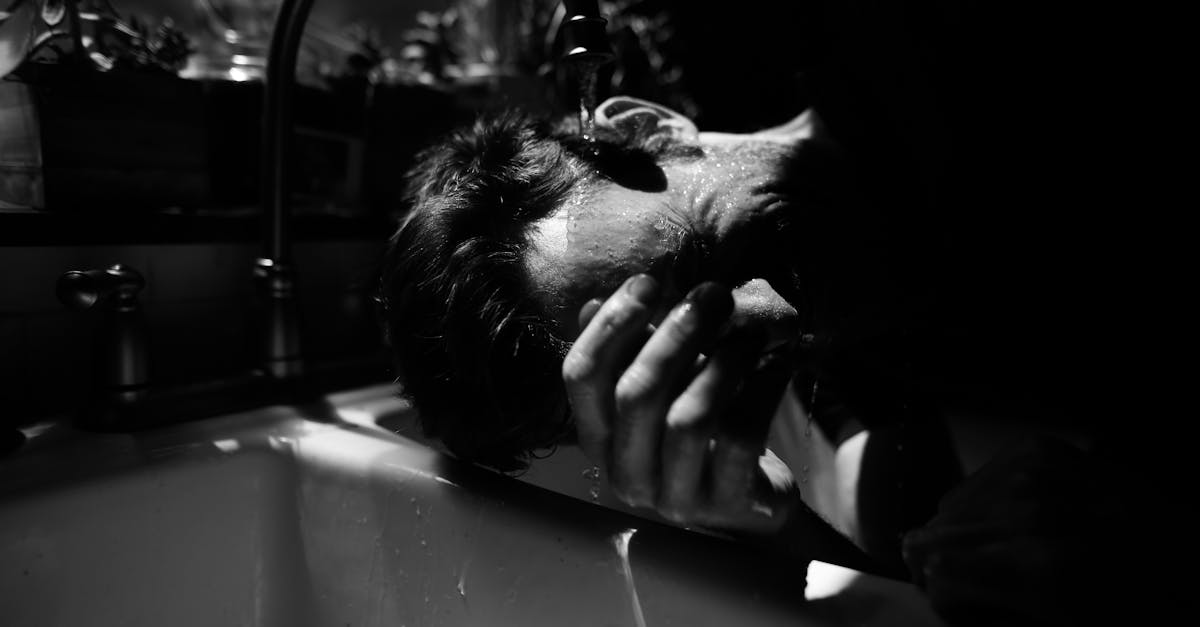
Table Of Contents
Importance of Regular Maintenance
Regular maintenance is a crucial aspect of preserving the efficiency and longevity of your hot water system. By conducting routine inspections and servicing, you can detect potential issues early on and prevent costly repairs in the future. Hot water system inspections should be scheduled periodically to ensure all components are functioning correctly and to address any wear and tear promptly. Neglecting maintenance can lead to leaks, reduced heating efficiency, and ultimately shorten the lifespan of your system.
In addition to ensuring the functionality of your hot water system, regular maintenance can also contribute to energy savings and environmental benefits. Well-maintained systems operate more efficiently, requiring less energy to heat water effectively. By keeping your hot water system in optimal condition through routine inspections and servicing, you not only extend its life but also reduce your carbon footprint and energy bills.
Preventing leaks through routine inspections
As a homeowner in Australia, performing routine inspections on your hot water system is crucial in preventing leaks and ensuring the system's longevity. These inspections involve checking for any signs of corrosion, rust, or wear and tear on the components of the hot water system. Additionally, looking out for any unusual noises or fluctuations in water temperature can also indicate potential issues that may lead to leaks.
Hot water system inspections should be conducted regularly to identify and address any minor problems before they escalate into major leaks. The presence of even a small leak can not only result in water wastage but also lead to water damage in your home. By scheduling routine inspections and promptly fixing any issues that arise, you can extend the lifespan of your hot water system and avoid costly repairs in the future.
DIY vs. Professional Repair Debate
When it comes to addressing a leaking hot water system, the choice between tackling the repair as a do-it-yourself project or enlisting the expertise of a professional technician is a crucial decision. DIY repairs can be a tempting option for those looking to save on costs; however, it is important to consider the risks involved in amateur interventions. While some minor issues might be resolved successfully through DIY methods, there is a real possibility of exacerbating the problem if intricate parts or complex repairs are attempted without adequate knowledge and experience. In some cases, what may have started as a simple leak could turn into a major system malfunction if not properly handled. This is why opting for skilled professionals who have the necessary training and expertise to diagnose and repair hot water systems can provide more effective and lasting solutions.
Hot water system inspections, which are a crucial part of maintenance, can often reveal the source of a leak and help in determining the appropriate course of action. While DIY approaches may seem cost-effective initially, incorrect repairs can lead to further damage and potentially higher costs in the long run. Professional technicians possess the skills and tools needed to accurately assess the situation, identify the root cause of the leak, and implement the most suitable repair strategies. Moreover, by entrusting the task to professionals, homeowners can benefit from warranties on the repair work and have peace of mind knowing that their hot water system is in the hands of experts who are equipped to handle complex issues effectively.
Weighing the pros and cons of each approach
When deciding whether to tackle repairing a leaking hot water system as a do-it-yourself (DIY) project or to hire a professional plumber, it is essential to weigh the pros and cons of each approach. Opting for a DIY repair can save money on service fees, and for those with some plumbing skills, it can be a satisfying project. However, it is crucial to consider the potential risks involved in making mistakes during the repair process. Incorrect fixes can worsen the issue and lead to more significant problems down the track.
On the other hand, hiring a professional plumber for Hot Water System Inspections guarantees expertise and precision in identifying and repairing leaks. Professionals have the necessary knowledge and tools to handle hot water system issues effectively. While this option may come with a higher price tag compared to a DIY repair, it ensures the job is done correctly, reducing the likelihood of future leaks and costly repairs. Ultimately, the decision of whether to repair a leaking hot water system yourself or hire a professional boils down to your level of comfort and expertise in plumbing tasks.
Avoiding Common Mistakes in Repairing Leaks
When it comes to repairing leaks in hot water systems, avoiding common mistakes is crucial. One key aspect that should not be overlooked is the importance of conducting regular hot water system inspections. By regularly inspecting your system, you can identify potential issues early on and prevent leaks from occurring. These inspections can help you catch small problems before they escalate into larger, costlier issues, saving you time and money in the long run.
Proper maintenance practices, such as checking for corrosion, loose fittings, or damaged seals, are essential in preventing leaks. It is also important to pay attention to the water pressure in your system, as excessive pressure can cause leaks to develop. By taking the time to perform routine checks and addressing any issues promptly, you can safeguard your hot water system from leaks and ensure it continues to operate efficiently.
Understanding the potential risks of incorrect fixes
When attempting to fix a leaking hot water system without the necessary expertise, there are various risks involved. One common risk is exacerbating the issue. Without proper knowledge, incorrect fixes can lead to further damage, resulting in more extensive and costly repairs. Moreover, if the hot water system is not repaired correctly, it can compromise the safety of the household occupants. Leaks may persist or worsen, potentially leading to water damage, electrical hazards, or even a complete breakdown of the system.
Hot Water System Inspections are essential to identify the root cause of leaks accurately. Incorrect repairs can merely address the symptoms of the problem rather than the underlying issue, leading to recurring leaks. Inadequately repaired leaks can also decrease the efficiency of the hot water system, resulting in higher energy bills. Therefore, it is crucial to consider the potential risks involved in attempting DIY repairs and to weigh them against the benefits of seeking professional assistance when dealing with a leaking hot water system.
FAQS
Can I repair a leaking hot water system myself?
It is possible to repair a leaking hot water system yourself if you have the necessary skills and knowledge. However, it is recommended to hire a professional plumber to ensure the job is done correctly and to avoid any further damage.
How can I prevent leaks in my hot water system through routine inspections?
Regularly check for signs of corrosion, rust, or water pooling around the hot water system. Maintain the temperature and pressure settings within the recommended range and schedule annual maintenance checks by a licensed plumber.
What are the pros and cons of DIY repair versus hiring a professional for fixing a leaking hot water system?
DIY repair may save you money upfront, but it can be risky if not done correctly. Hiring a professional ensures the job is done safely and efficiently, reducing the risk of further damage and potential hazards.
What are some common mistakes to avoid when repairing leaks in a hot water system?
Avoid using incorrect tools, mismatched parts, or temporary fixes that may worsen the problem. Ensure you follow the manufacturer's guidelines and seek professional help if unsure of the repair process.
Is it important to understand the potential risks of incorrect fixes when dealing with a leaking hot water system?
Yes, attempting to repair a hot water system without the necessary expertise can lead to electric shocks, scalding, or even structural damage. It is crucial to understand the risks involved and prioritize safety when dealing with hot water system repairs.


